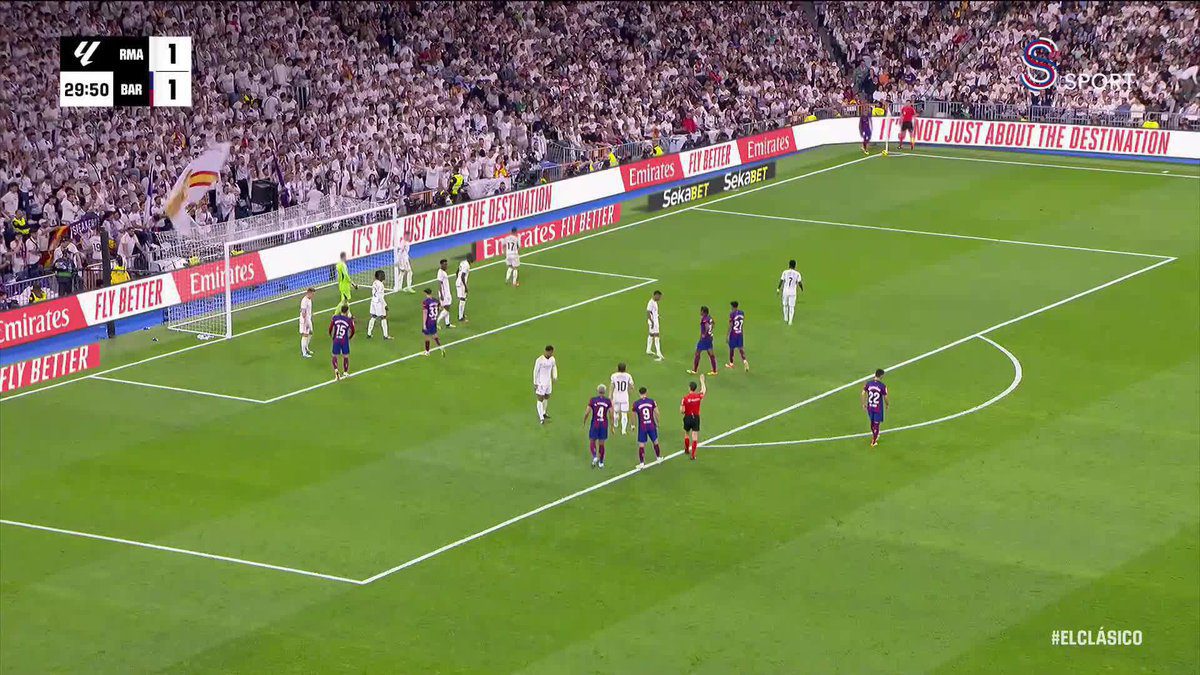La Liga and Serie A Broadcasts Interrupted in Turkiye Over Illegal Betting Ads
By Erdem / 27/02/25
 Sports fans in Turkiye are experiencing unexpected interruptions while watching some of Europe’s biggest football leagues. Both La Liga and Serie A matches have faced broadcast cuts and censorship in Turkiye — not due to the gameplay, but because of advertisements featuring betting brands that are considered illegal under Turkish law.
Sports fans in Turkiye are experiencing unexpected interruptions while watching some of Europe’s biggest football leagues. Both La Liga and Serie A matches have faced broadcast cuts and censorship in Turkiye — not due to the gameplay, but because of advertisements featuring betting brands that are considered illegal under Turkish law.
Offshore Sponsors, Local Consequences
Several betting companies, like Sekabet, many of which are licensed in jurisdictions like Curaçao, have become official sponsors or advertising partners of clubs and leagues in Europe. While these companies may operate legally in their home countries or within specific international markets, their services are strictly prohibited in Turkiye.
As a result, when matches from these leagues are broadcast in Turkiye, any visible branding or perimeter ads featuring such companies are blurred, muted, or the broadcast is temporarily cut. This affects the viewing experience for fans and raises serious concerns about regulatory alignment between sports properties and the markets they reach.
Who’s Responsible for the Ads?
Critics argue that the leagues and clubs accepting these sponsorships bear responsibility. By allowing brands that are unregulated or illegal in key broadcast regions, these organizations risk enabling harm to fans — particularly in countries like Turkiye, where betting outside state-licensed platforms is not just illegal but also unregulated and potentially harmful.
Because these companies often operate with minimal oversight, users in Turkiye who access their services are vulnerable to fraud, lack of customer protection, and money loss. In many cases, there’s no legal recourse available to the user if the platform withholds winnings or closes an account.
A Call for Ethical Sponsorship Standards
This growing disconnect between global football and national gambling regulations is prompting calls for stricter sponsorship ethics. Turkiye’s media and regulatory bodies are urging international sports leagues to consider the legality and impact of their sponsorships in all countries where their content is broadcast.
Broadcasters are also caught in a bind — forced to edit or censor content that would otherwise breach domestic laws. Fans, meanwhile, face a degraded experience through no fault of their own.
Final Thoughts
While sports leagues have a right to monetize through sponsorships, they also carry a responsibility toward their global audiences. Betting companies licensed offshore may be legal in some markets, but when those brands are illegal in countries like Turkiye, their exposure becomes a liability. Until clubs and leagues consider the broader legal implications of their commercial decisions, more countries may be forced to intervene at the broadcast level — leaving fans caught in the middle.